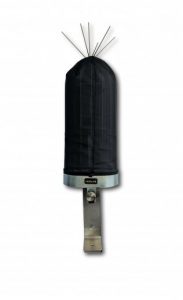
Before you go shopping for a noise meter, read this Noise Meter Buying Guide. You’ll learn about the different types of meters, how to determine which one is right for you, and how to find a good deal. For example, a noisy neighbour or co-worker may be wearing out your neighbours hearing meter, so you might want to start looking for a quieter neighbour. Or maybe you’re trying to get into a new neighbourhood, and you want to know what’s being recorded when you move in.
Most people have a basic idea of what a noise meter does. They register the noise level of a room and will tell you if the noise level is too loud or not. There are three types of noise meters that you can use to gauge noise levels in your home. These include digital, analog, and acoustic. Digital ones usually cost more, but they give you more information than the other two.
When you use an analog meter, you can hear the difference between noise level and decibel level, the standard measurement for noise level. Decibel level (often called DAS) is usually measured with a PLL device, which measures the speed with which sounds travel through the air. PLL devices are used to measure noise intensity at various locations in the room. Analog noise meters are not calibrated, so the reading you get from them is usually wrong. You can get a digital noise level meter in a variety of options. Some are simple and often hand-held, and some have calculators that make the measurement much easier.
If you want to purchase a noise meter, read this Noise Meter Buying Guide to learn about the different types and how they work. Digital noise meters are easy to use, and most people prefer them because they don’t need any additional accessories such as transducers or capacitors. You should, however, consider the noise level of your home or working space when choosing one.
If you measure noise in a lab, you may be able to buy a dedicated device that comes with its transducer and filter. This way, you can assure yourself that you are getting a correct reading and are not wasting your time or money. Some professionals will also install their noise-dendrometers in their offices to eliminate human error and thus increase productivity.
There are many other types of noise measuring devices that you can use for your home or business. They come at varying prices depending on their features and size. If you begin to do noise level measurement, it might be best to start with an analog one. It costs less and can give you initial results very easily.





